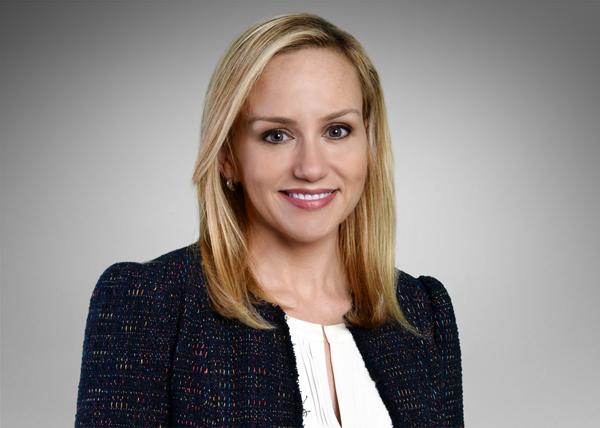Amanda Kramer spoke with Berlingske about the difficulties some employees have when reporting sexual harassment in the work place. Ms. Kramer says, “It is often unrealistic for women to approach a manager who has hired the person who is committing the sexual harassment and may even have a friendly relationship with him or her. “
Ms. Kramer, who has extensive experience conducting internal investigations, states, “Employees are typically far more confident in talking to an outsider, but the company management also takes care of its own credibility by seeking outside help. If you, as a boss, have to weigh yourself whether sexism has taken place and end up concluding that everything is in perfect order, then you often face a new problem: That no one believes that your conclusion reflects the truth.”
When discussing her role in the process as a lawyer, she says, “It's very different. But what we often see is that a company is calling us when accusations of sexual harassment become public knowledge or are about to become so. The process you describe (Sofie Linde's performance, ed.) Is extremely public, and it will always potentially lead to more people appearing. It also matters whether the person suspected of committing the harassment is still employed. Companies have become very aware of this type of case in a hurry. Here in the United States, it would be very unusual to conduct a sensitive investigation without the help of an independent body. Especially when it comes to cases with potentially traumatic experiences.'”
She shares, “I have interviewed hundreds of victims of both sexual assault and sexism in my career and there is a completely different level of vulnerability than in other cases. People do not put facts on the table until they feel safe, and anonymity can be the first step in building trust. It depends a lot on the culture of the company. First, culture is crucial to whether sexism takes place at all - if there is an underlying sense that it is tolerated, then so is it. Second, the culture that the boss himself has created is crucial to whether anyone walks in the door. After all, some bosses are even part of the problem. But it is a good starting point that the door is open.”
She ends by saying, “We are completely inside human nature. If you have people employed, this is something you have to be interested in, because it will happen. Cross-border sexual behavior is not limited to a few industries or a few sharpened vessels. It will always exist. The task is to minimize it.”
Back
Back




